Insidious vitamin E: why a promising cancer treatment disappointed doctors
Categories: Health and Medicine | Healthy lifestyle | Science | World
By Pictolic https://pictolic.com/article/insidious-vitamin-e-why-a-promising-cancer-treatment-disappointed-doctors.htmlAn unexpected discovery showed that drugs with vitamin E, which many people take for the prevention of cancer, are not only not effective, but, on the contrary, dangerous to health. Studies conducted over the past few years have put an end to the hopes of many — vitamin E, considered for a long time the number one remedy for preventing cancer, may be one of the reasons for the appearance of this disease.
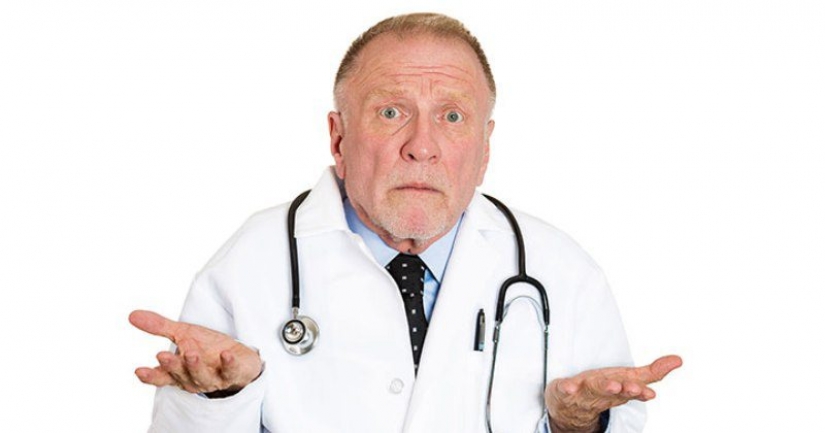
Despite the fact that according to the latest research, vitamin E increases the risk of getting cancer, many still refuse to believe it and do not stop taking it. Among scientists, the news caused heated discussions and even divided specialists into two opposing camps.

Meanwhile, there is a lot of evidence of the harm of vitamin E, which once had great hopes, has accumulated. The first scientifically based information appeared back in 1994 in The New England Journal of Medicine (NEJM).
Scientists have studied the effect of the vitamin on heavy smokers, in order to find a reliable preventive remedy for lung cancer. Vitamin E was given to the participants of the experiment not in its pure form, but together with beta-carotene. Over the 8 years of the study, 29 thousand smoking men aged 50 to 69 years were observed.
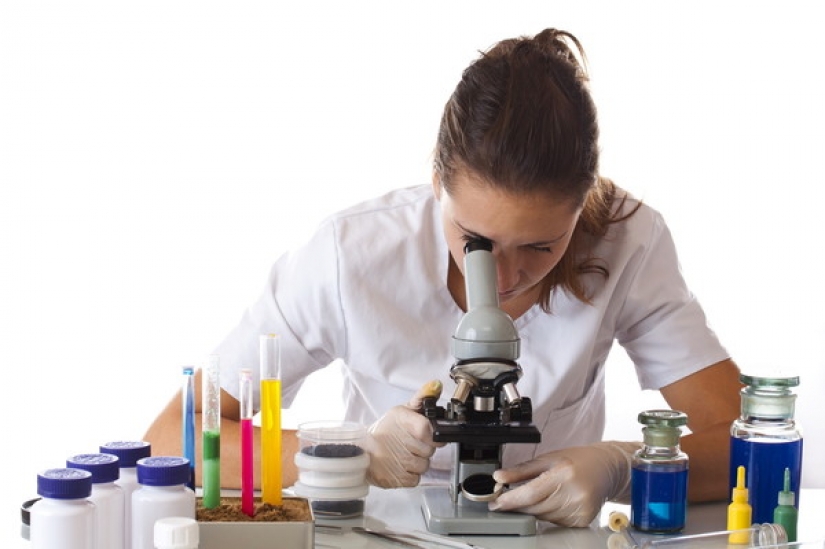
The dose of vitamin E chosen by the scientists for the experiment did not affect the level of cancer incidence at all — in the placebo group, the mortality was the same as in the groups where the studied compound was used. With beta-carotene, everything was even worse — it not only did not reduce the risk of developing the disease, but on the contrary increased mortality among participants by 8%. The expert's conclusion was disappointing:
Another article was published in the most famous medical journal "Lancet". On its pages there was information about another experience of fighting cancer with the help of multivitamins, unfortunately, also unsuccessful.
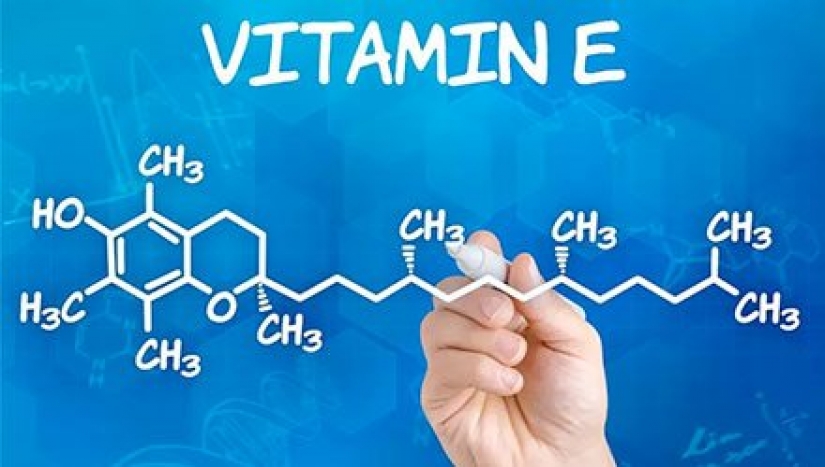
In combination with beta-carotene, vitamin E increased cancer mortality by 10%. But this is still nothing, since vitamin A with the same beta-carotene increased the probability of death by as much as 30%! This fact seriously undermined the belief in the healing properties of vitamins, on which great hopes were placed precisely in the fight against cancer.
But maybe vitamin E is so harmful only for patients who are at risk for lung cancer? Unfortunately, no. In 2011, the authority of this vitamin was finally undermined thanks to a material published in the Journal of the American Medical Association (JAMA).
In the first group, where pure vitamin E was taken, the risk of developing prostate cancer increased by 17%. In the second, where prevention was carried out with selenium, the risk of getting sick increased by 9%. In the third, where selenium was combined with a vitamin, the probability of getting sick increased by 5%.
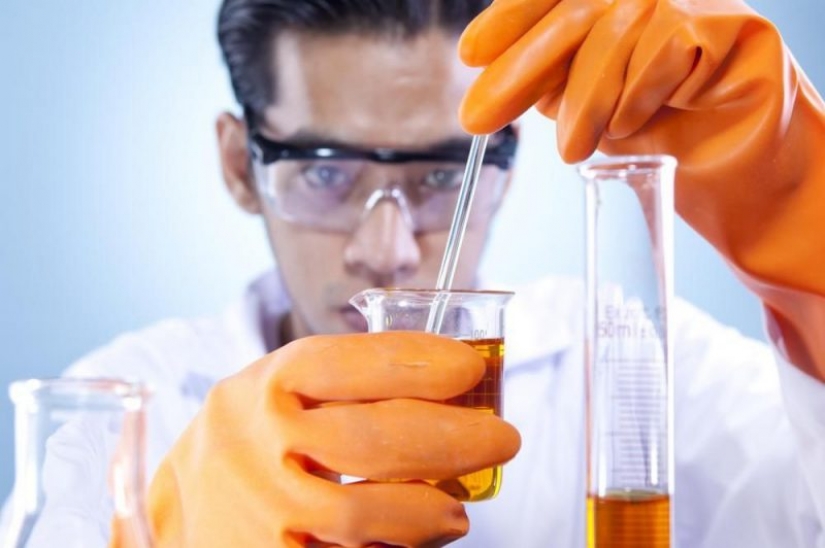
As a result, the most useful drug was a placebo, which was given to the fourth group. Men who received a useless "dummy" had the lowest risk of getting a fatal disease. This work of scientists caused a scandal in the medical world, but still did not dissuade all skeptics in the benefits of more than a controversial vitamin.
The specialists were accused of violations of daily norms. For an adult, a daily dose of 10-15 IU is considered normal, while the participants of the experiment received 400 IU each. Despite the fact that this dose is considered increased, but quite safe, it was in it that they saw the cause of all the troubles.
The irony is that it is precisely such "horse" daily doses that American doctors have been prescribing for many years as a preventive remedy for cancer and cardiovascular diseases.
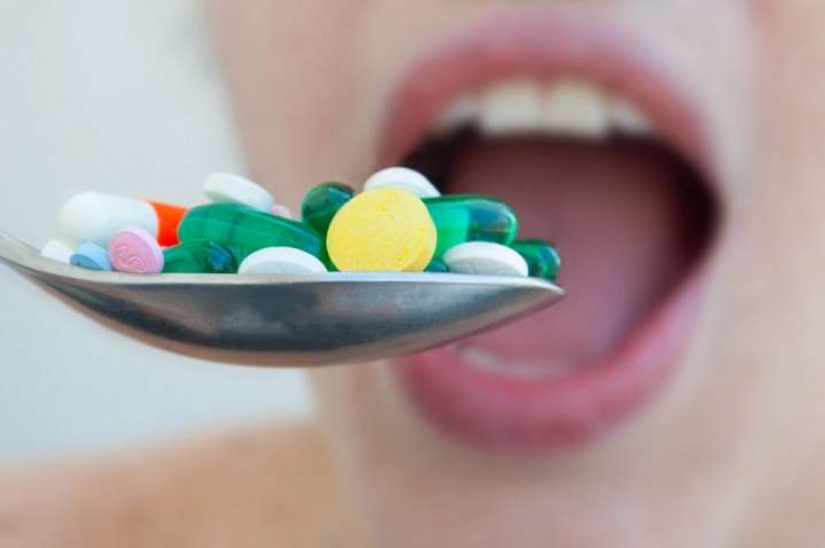
In our country, the excitement around the healing properties of vitamin E was almost completely absent. This was due to the fact that at the height of the "vitamin" campaign, the Soviet Union was fenced off from the whole world by an "iron curtain". Today, both here and abroad, the production of drugs with vitamin E continues almost by inertia.
So why are vitamin E drugs, on which scientists had such high hopes in the fight against cancer, turned out to be harmful? The answer to this question is simple — the whole point is that the substance that humanity wanted to save from cancer was synthesized artificially.
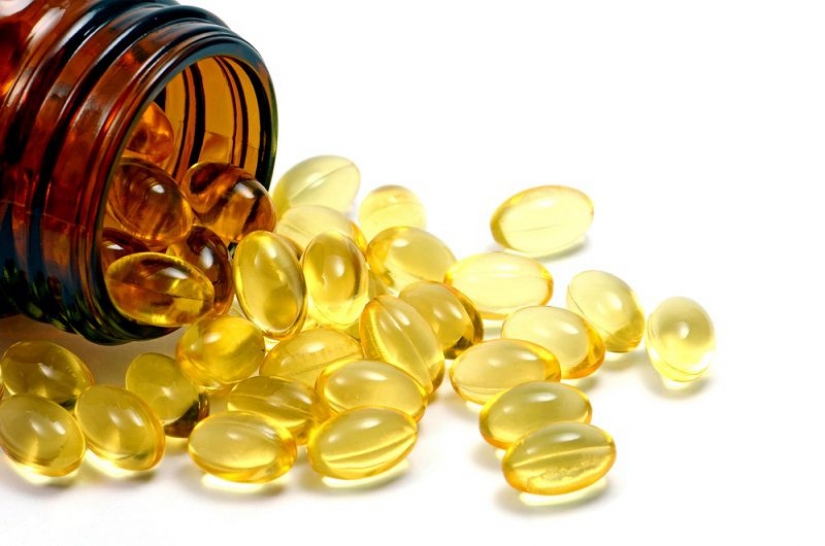
When we ask if there is a difference between vitamins in ordinary natural products and in pharmaceutical preparations, most often we hear that there is no difference. But this is a treacherous lie, because the natural vitamin E and the compound obtained at the factory have a completely different nature.
In nature, vitamin E is not one, but as many as eight different compounds. These are four varieties of the tocopherol molecule and four varieties of tocotrienol. According to the rules adopted all over the world, they are designated by the letters of the Greek alphabet: alpha, beta, gamma and delta. The molecules of these substances are similar, but there are some differences between them. All of them are a means of fighting cancer cells, but they have different degrees of activity.
Synthetic vitamin E is represented not by eight different molecules, but only by one — alpha-tocopherol. Of all the compounds, it has the lowest anti-cancer activity. Relatively recently, scientists have found out how seriously they were mistaken, attributing useful properties to only one compound.
In food rich in vitamin E, all four components are present, so it acts as a preventive remedy for cancer. And an artificially produced drug, alas, is not only useless, but also has the opposite effect. Therefore, if you still continue to take vitamin E in capsules to protect yourself from cancer, give up this idea and look for a cure in natural products.
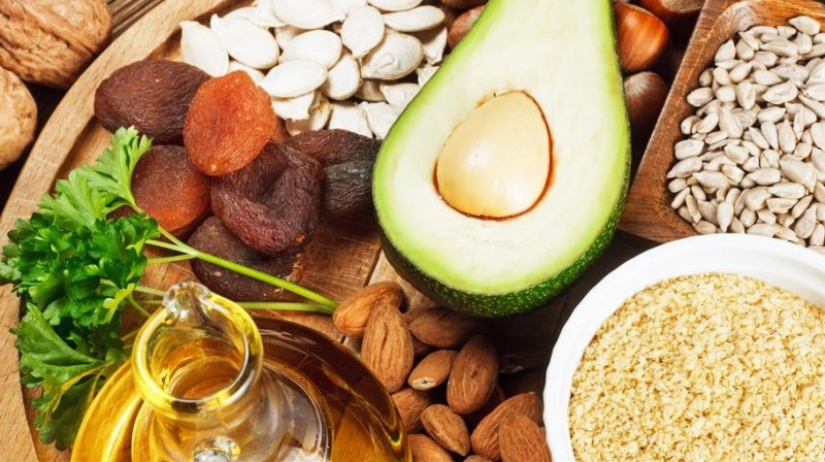
Naturally, nuts, spinach, olive oil, avocado, asparagus, fish, shrimp, broccoli and tomatoes are rich in vitamin E. Doctors recommend keeping most of these products in every kitchen in order to regularly benefit from them.
Keywords: Substance | Vitamins | Research | Myth | Benefits | Products | Prevention | Cancer
Post News ArticleRecent articles

With this question, people without drawings on the body got those who have tattoos: & #171;How will it look in old age?». ...

The very word "selfie" came into use after a smartphone appeared in the pocket of everyone. But taking pictures of yourself, of ...
Related articles

Scientists at the University of Birmingham have proven that music is a great helper in increasing productivity and concentration, ...

Heard the old Russian proverb "Prepare sledge in the summer, and in winter the cart"? Sani we, of course, cook won't, but the ...

Almost everyone knows what hyperprotection is, and few people will argue that it benefits the ward. Oddly enough, the opposite is ...

It's hard to believe, but these places really exist on our planet. This is not someone's sophisticated fantasy, well, except for ...